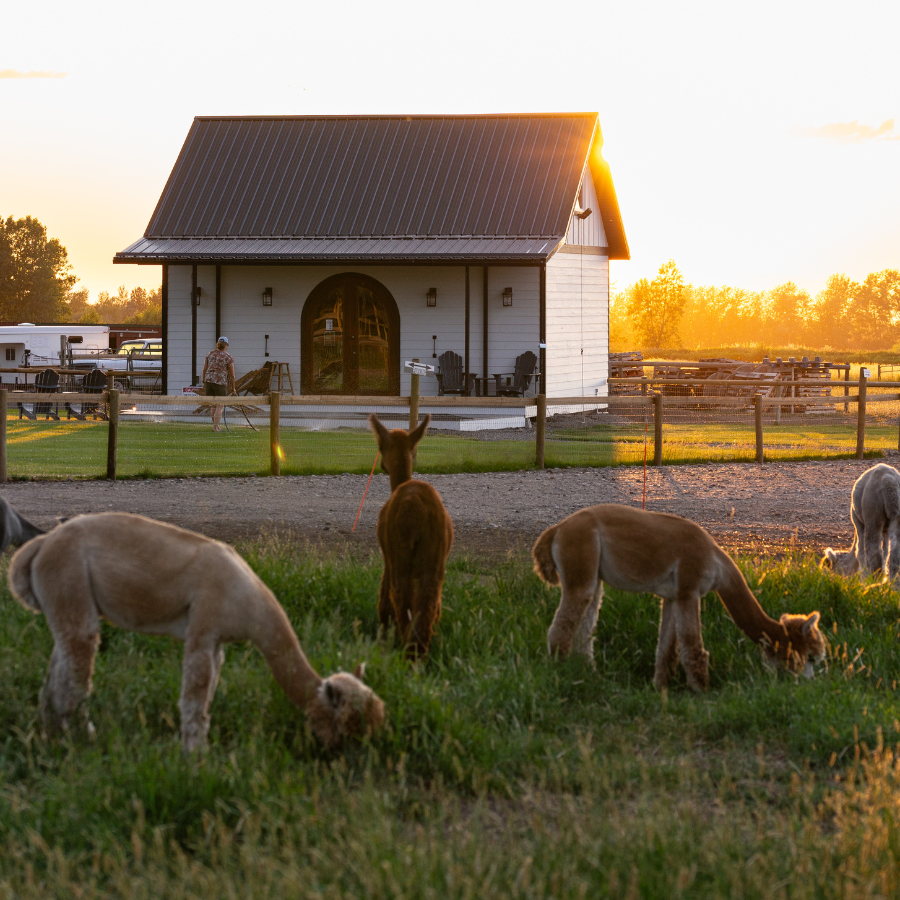HOBBY FARM RULES

The first step in qualifying for favorable tax treatment as an alpaca farmer is establishing that you are in business to make a profit. You can not raise alpacas as a hobby farmer and receive the same tax preferences as a for-profit alpaca farmer.
A farming operation is presumed to be for profit if it has reported a profit in three of the last five tax years, including the current year.
If you fail the three years of profit test, you may still qualify as a "for profit" enterprise if your intention is to be profitable. Some of the factors considered when assessing your intent are:
1. You operate your alpaca farm in a business-like manner.
2. The time and effort you spend on farming indicate you intend to make it profitable.
3. You depend on income from alpaca farming for your livelihood.
4. Your losses are due to circumstances beyond your control or are normal in the start-up phase of farming.
5. You change your methods of operation in an attempt to improve profitability.
6. That you make a profit from farming in some years and how much profit you make.
7. You or your advisors have the knowledge needed to carry on the alpaca farming activity as a successful business.
8. You made a profit in similar activities in the past.
9. You are not carrying on the alpaca farming for personal pleasure or recreation.
You don't have to qualify on each of these factors - the cumulative picture drawn by your answers will provide the basis for the determination.
Join the alpaca revolution! Alpaca is a sustainable alternative that is not only good for the earth, but for all of us. Alpaca wool is stronger, softer, more eco-friendly, and offers 85% greater wicking capability than merino wool. It is also hypoallergenic! Learn more about the benefits of alpaca in our Alpaca vs. Wool blog posts, shop our collections and follow us on social media!
